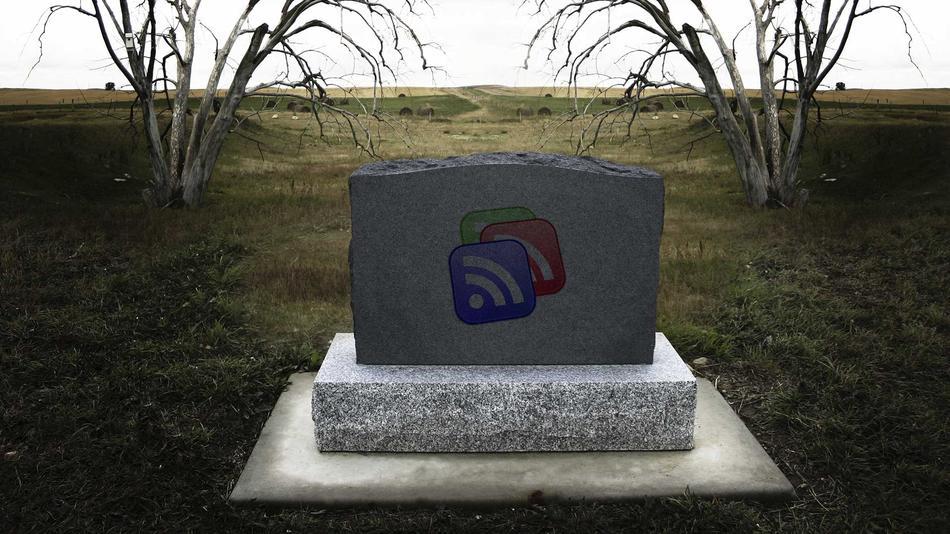
I considered building a jet-pack. Are you impressed?
May 6, 2014A headline in tech news got me thinking the other day. It made me wonder if Google, with all its collective intelligence, thinks it’s fooling anybody with talk of building a jet-pack:
“Google reveals its ‘X’ lab considered building a jetpack”
Google is a software company. Specifically, it is an advertising company where 97% of its revenue is generated by selling ads and selling market data to other advertisers. The trouble for Google is that advertising revenues coming from desktop operating systems are shrinking. Even worse, ad revenues coming from mobile are growing slowly. That’s because everyone in the mobile ad space is struggling to monetize the mobile form factor.
When I read headlines like the one above, I realize Google doesn’t know what to do next. It doesn’t know what the next big thing is on the Internet. It doesn’t know what the next big thing is in hardware. Google is a one-trick pony and so far, their leadership doesn’t know what to do about it. As they say in business: Diversify or die.
Their solution to this classic business problem has been to cast a wide net and see what gets pulled up to the surface. Google has been doing this for years and to stick with the fishing analogy, the ocean bottom is littered with the carcasses Google has thrown back:
http://www.pinterest.com/googlegraveyard/google-graveyard/
Google is a company that lacks focus. It’s trying everything because it has no direction. It’s a big lumbering ship that appears to be navigating, but is actually just being pulled along by the current.
After canceling over 80 products in less than a decade, it’s clear to me that Google is rudderless. With this track record, Goolge needs to ask itself who does it think it’s fooling? Announcing that you considered building a jet-pack is a throw-away statement because ideas are worthless without execution.
If Google ever wants to be something other than a one-trick-pony – if it wants to diversify and protect itself from disruption, it’s going to have to focus. Google’s policy of casting a wide R&D net might make for nice headlines, but it’s doing nothing to secure its future.
Other posts by Chris Marriott
- Seeking Backstage Resellers
- Preemptive Multi-Talking -- Johnny and the Liquidators
- Preemptive Multi-Talking -- Pundits are the worst!
- Preemptive Multi-Talking -- WWDC 2016
- Preemptive Multi-Talking -- Of Cash Piles and Job Cuts
- Preemptive Multi-Talking -- 60 Scary Minutes Edition
- Preemptive Multi-Talking -- [R]Evolution Edition
- Preemptive Multi-Talking -- Pinocchio Edition
- Preemptive Multi-Talking -- FBI vs. Apple
- Preemptive Multi-Talking -- 1984 Edition
- Preemptive Multi-Talking -- Earnings Madness Edition
- Preemptive Multi-Talking -- All your passwords are belong to us.
- Preemptive Multi-Talking -- Fog, Fizzle, Flop Edition
- Preemptive Multi-Talking -- FUD Redux Edition
- Preemptive Multi-Talking -- Privacy be Damned Edition
